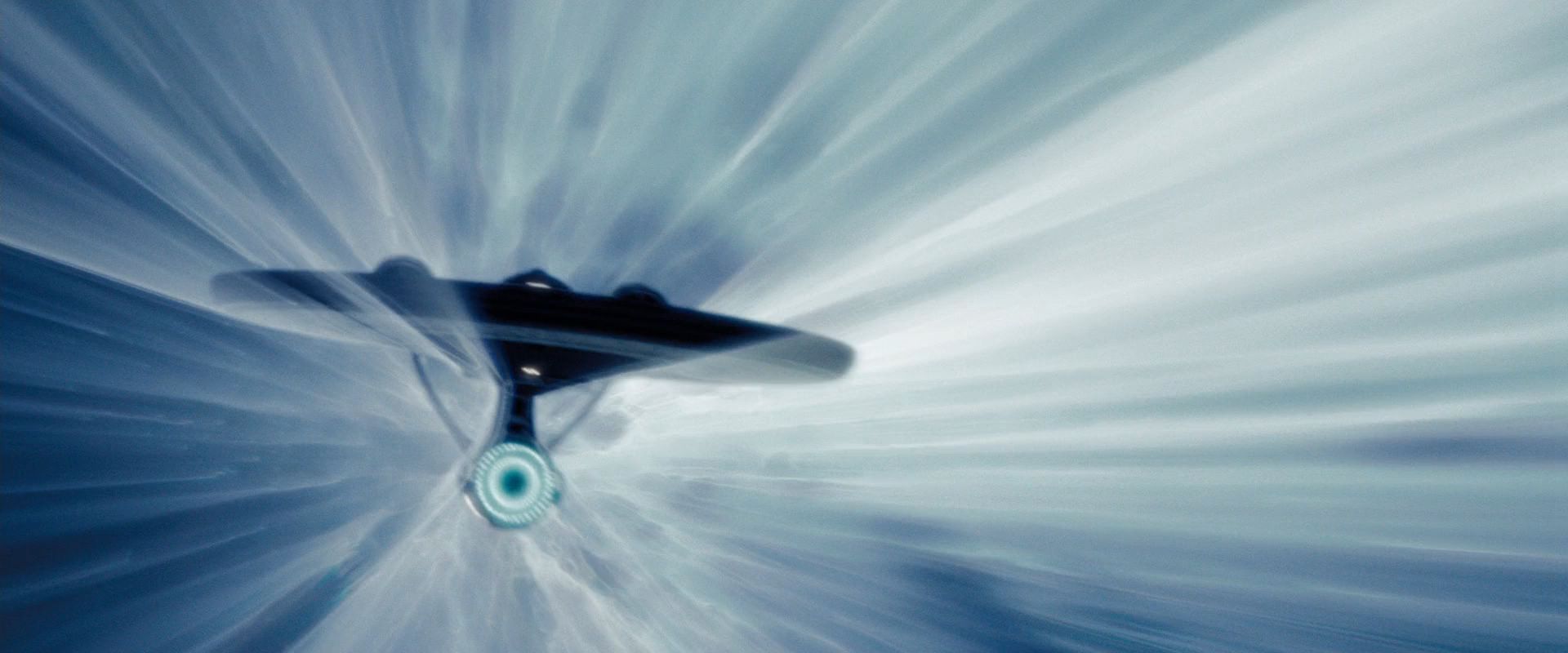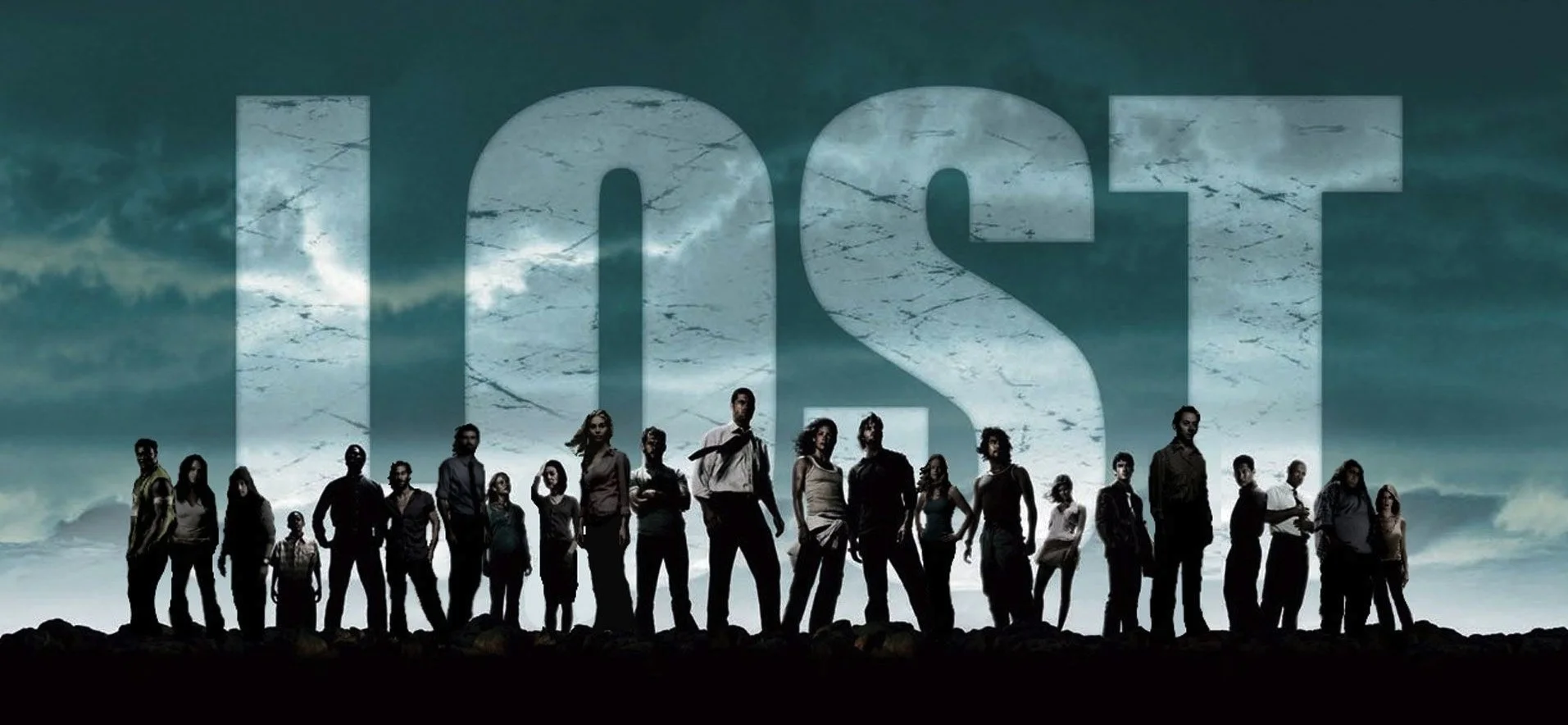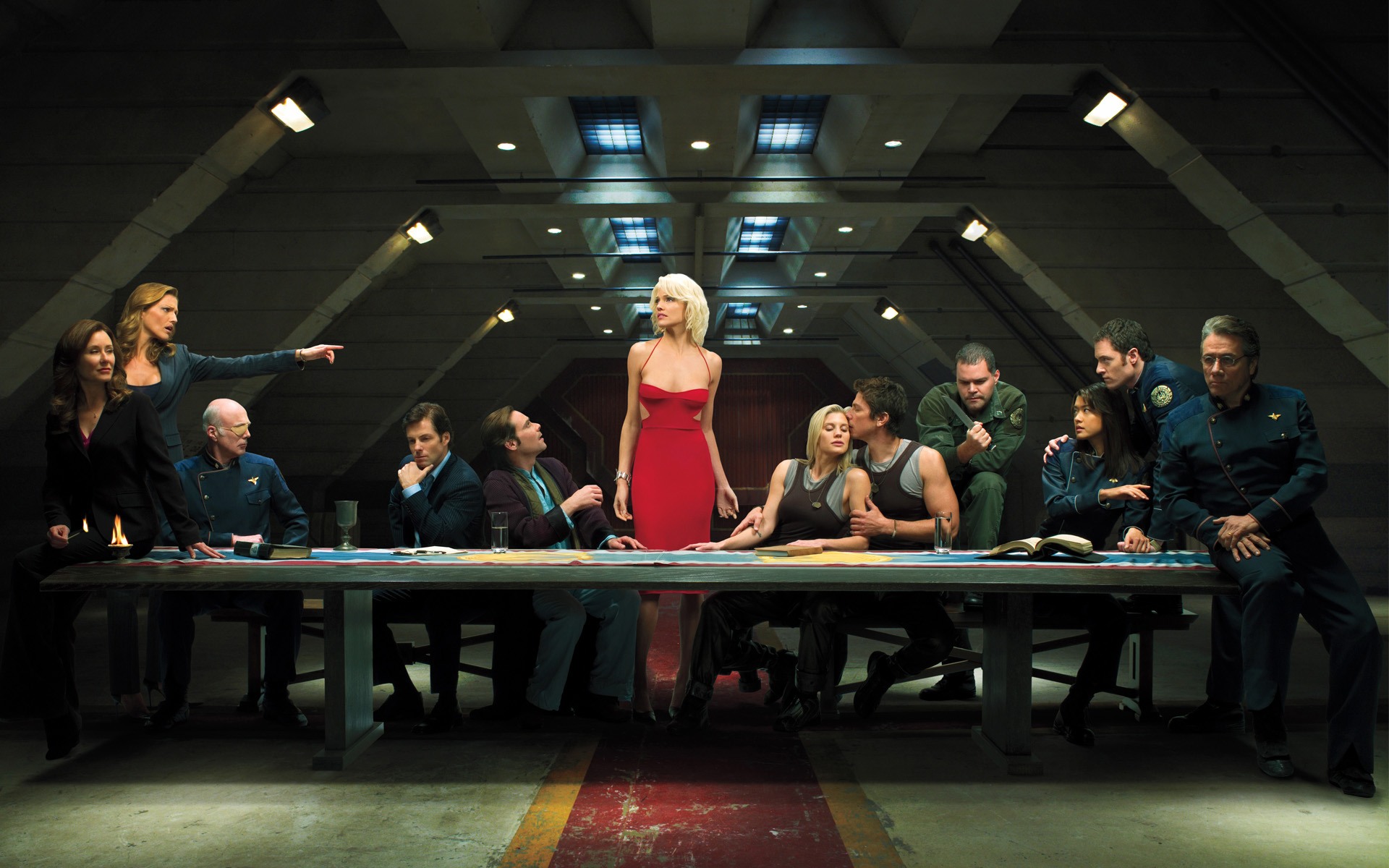COSMOS: A Spacetime Odyssey is presented by FOX Sundays 9/8c and National Geographic Mondays 10/9c
I've been anticipating COSMOS: A Spacetime Odyssey ever since it was teased at last year's San Diego Comic Con. Carl Sagan's original Cosmos: A Personal Voyage was a big part of my childhood and, along with Star Trek, it made me believe that science would create a better future for humanity. Knowing that COSMOS was returning in one of the biggest television rollouts of all time with the coolest modern scientific communicator (Neil deGrasse Tyson) made me a very happy nerd.
Neil deGrasse Tyson's got the right stuff to take on COSMOS.
The first episode explains Earth's position in the universe and introduces the cosmic calendar to a whole new generation of people. Both had the effect of making me feel impossibly small & completely inspired. What was unexpected was the story of Giordano Bruno, a man who argued that the Earth orbits the Sun in an era when most believed the Earth was the center of the universe. Bruno died for his beliefs and in telling this story COSMOS makes a clear case for the scientific method of questioning everything. The episode tells a great story, but it forgets to explain the science of why people deny science.
Stories are persuasive
A history of the universe, condensed into an easy to understand story.
What made COSMOS so effective is Tyson's mastery of storytelling. He's been doing this for years at the Hayden Planetarium, on Capitol Hill, and across television networks (probably because he was inspired to follow Sagan’s example). Tyson easily translates complex ideas into straightforward language that gets people excited about understanding space. Most scientists can't do this and have a hard time sharing their ideas with people who aren’t in their field. Check out Tyson at his best in the "We Stopped Dreaming" speech.
Stories aren't just entertaining. They’re an essential part of our psychology. The brain creates a story of who we are based upon the experiences we’ve had. These stories are simplified versions of reality (cognitive biases filter much of what happens to us). We're also biased to remember supernatural things like singing frogs (remembering things that are unusual helps us stay alive). But regardless of accuracy, stories are important because they have a huge impact on how we think, act, and feel.
The key stories from the first episode of COSMOS include:
- The Earth is a tiny part of a vast universe.
- Humanity didn't always believe this and people like Giordano Bruno were killed for asking too many questions.
- Humanity has existed for a very small amount of time compared to the rest of the universe.
Each of these stories is backed by science, with the exception of Bruno's story. COSMOS fails to explain why people rejected Bruno’s ideas and why many continue to deny modern day scientific truths (like climate change).
We attack information that conflicts with our stories
Cognitive dissonance explains why Giordano Bruno was attacked for his views of the universe.
The best explanation for why people deny science comes from Leon Festinger's study of "The Seekers". Festinger infiltrated a cult led by Marian Keech who claimed to be receiving messages from aliens telling her the world would end on December 21st, 1954. Keech also claimed that she, along with her followers, would be saved at midnight prior to the end of the world. Her devotees left their jobs and stayed with Keech for the week leading up to the 21st. Midnight came and went – nothing happened. Instead of coming up with a rational explanation for why they weren’t beamed up by aliens, the seekers believed that God was so impressed with their prayers that he saved the world.
Festinger tested this experience in the lab and developed cognitive dissonance theory. Basically, we try to be true to the stories we tell ourselves. When there's a clash between our beliefs and new information (The Earth is the center of the universe but this guy is saying the Earth moves around the Sun), we unconsciously find information that fits our personal stories and end the conflict (He’s a crazy heretic). Cognitive dissonance is another part of the psychological immune system that keeps us feeling good about ourselves and the choices we make. Chris Mooney summarizes it nicely:
…our positive or negative feelings about people, things, and ideas arise much more rapidly than our conscious thoughts...That shouldn't be surprising: Evolution required us to react very quickly to stimuli in our environment…We push threatening information away; we pull friendly information close. We apply fight-or-flight reflexes not only to predators, but to data itself.
The brain attacks information that might challenge our beliefs the same way antibodies fight viruses. We unconsciously morph new information to fit in with existing stories (Sure, smoking isn’t healthy, but I don’t smoke that often and when I do they’re lights). Research has also shown that the harder you try to change someone’s perspective on an emotional topic, the stronger their existing point of view becomes. That's why debates on abortion don’t go anywhere and just make people mad.
How do we get around the problem of cognitive dissonance? New information has to be communicated in a way that fits in with someone’s existing stories. That's one of the reasons why many Jews, Christians, and Muslims believe in the big bang – it’s consistent with many religious stories about genesis and creation. It’s also why some people of faith have a hard time with evolution – the cosmic calendar doesn’t align with many religious texts.
COSMOS doesn't look like any documentary we've seen before.
COSMOS, a big budget primetime miniseries that looks more like a science fiction blockbuster than a science documentary, is perfectly positioned to get around the barriers of cognitive dissonance because it tells a cool story. I’m bummed it didn’t explain why people rejected Bruno’s convictions, but I believe it will inspire a new generation to love science.
Rating: 9/10
To learn more about the science of science communication, check out Kyle Hill’s article at Discover Magazine.































